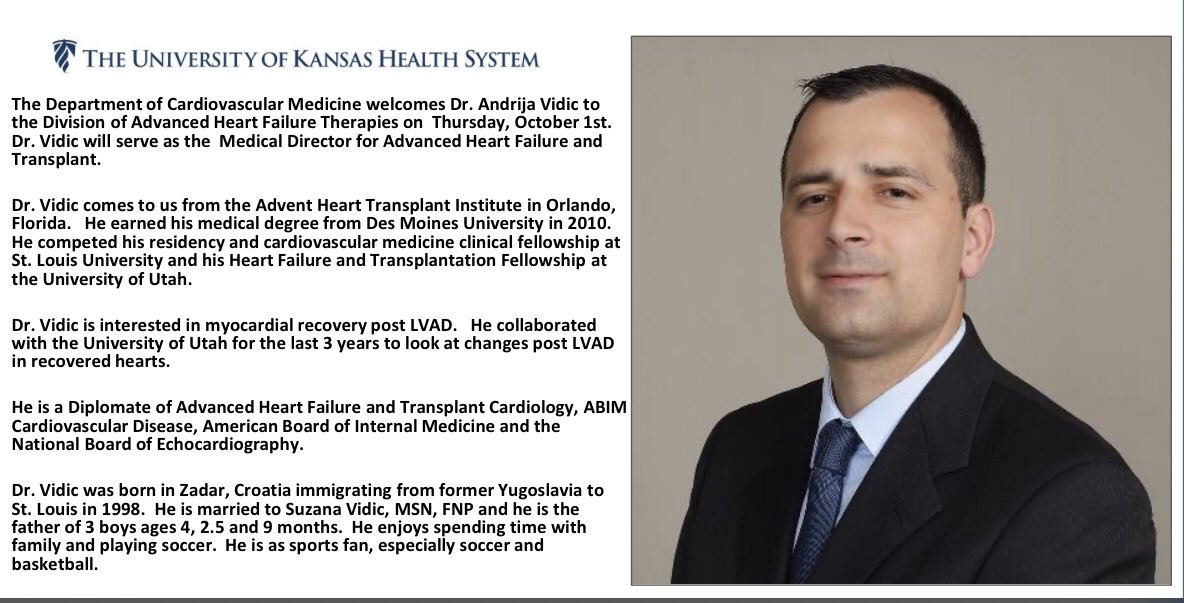My top ten tips for graduating fellows and faculty entering and continuing “early career” as I am transitioning into “mid-career”. A thread:
1. Decide what you will be known for and why. Believe in extreme ownership. Don’t expect all to agree. The goal is not to be liked but to be respected for being authentically you. They will know then your name. And that matters.
2. Identify mentors who believe in you and support where you are trying to go. Mentors plural. Life coaches. Content experts. Early career and post retirement. Vocational. Best ones blow up your ideas to make them better and hold you accountable to your purpose and your family.
3. Avoid adding consumer debt. Pay off consumer debt. Even if interest rates are low, debt enslaves you to a job because it makes you dependent on monthly income. Delay the new car. Consider a more minimalist lifestyle. Target experiences over stuff. Buy memories over things.
4. Write and speak. Both will make you think, reconsider, read, evolve, and better define what mark you make on the world. The written word is your mark on history. Think of it as part of the legacy you are fortunate enough to leave behind.
5. Live and work like you are dying. If you spend time observing and listening to dying patients (like those we see often suffering from advanced heart failure) you will see what I mean by this. Dying people never regret working less. Dying people regret loving too little.
6. Eat less. Move more. The science repeats the value of both of these mantras. Don’t get so busy that you comfort yourself with giving yourself excess. Don’t become physically, mentally, emotionally lazy. Keep moving.
7. Care about people. Truly. Always stay humble. You don’t know anyone else’s full situation or story. Be kind. Someday, maybe even today or tomorrow, you will need the kindness of another. Choose kindness. Choose to care.
8. Passion is worth it. Don’t let others shame you for being vulnerable and passionate about what matters most to you. Say no to what isn’t your passion. Be honest with yourself. Haters are out there. Ignore them. Surround yourself with those who embrace your passion.
9. Die on the right hill. Not every hill. But the right one. For the right reasons. For the right people. But choose to put the stake in the ground and hold the ground.
10. Get over yourself. This simple concept has so many layers. People are not thinking or talking about you as much as you think they are. They don’t care about you as much as you think they should. Think about how you can give to the world and make people part of your legacy.
Best wishes on your journey. Thank you to so many who contributed to mine.
• • •
Missing some Tweet in this thread? You can try to
force a refresh





